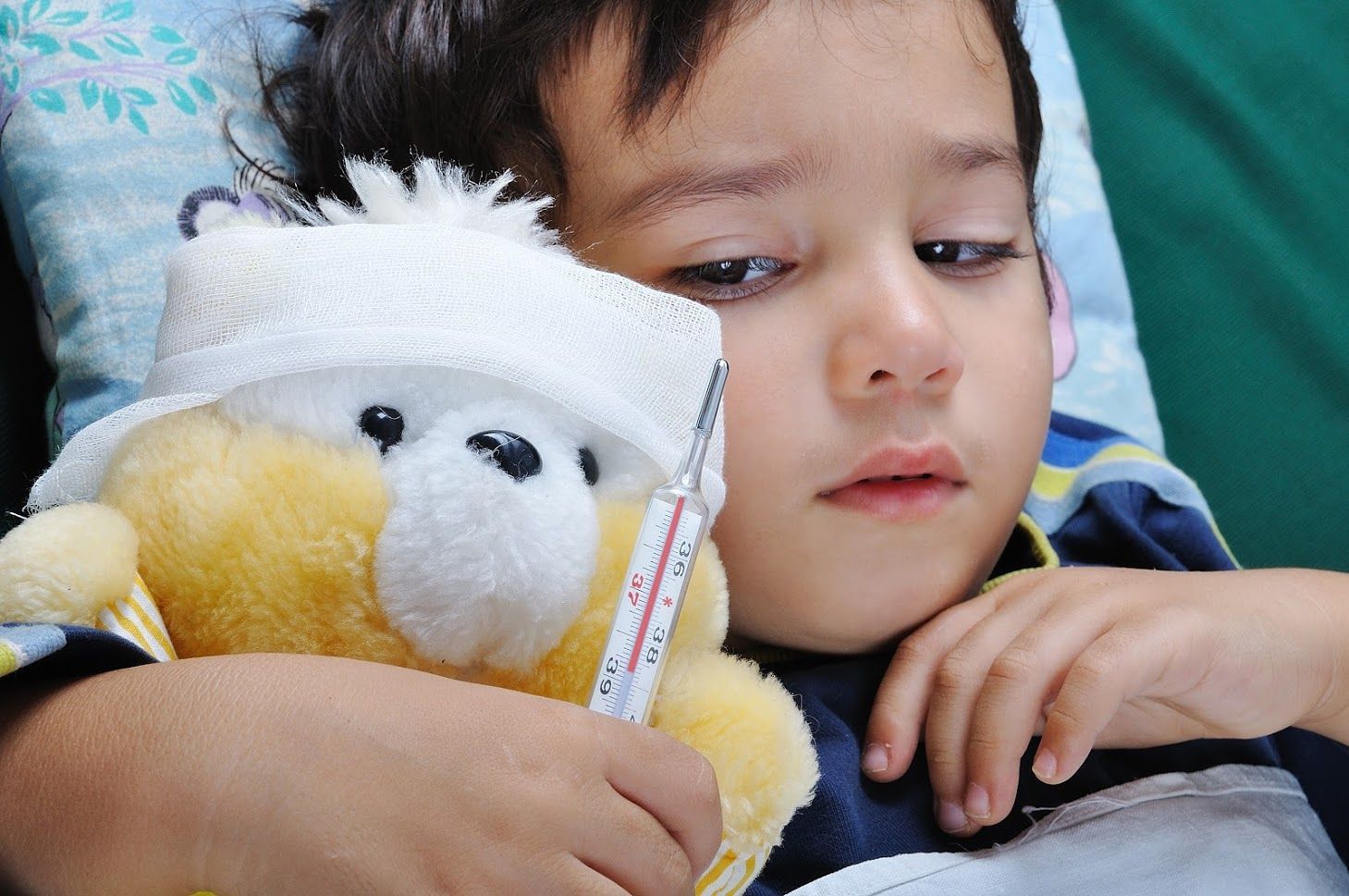5 Ways to Help Your Child Through a Stomach Virus
When your child comes down with a stomach virus, it is important to take the appropriate measures to help your child recover. Here are a few tips for helping your child feel better when he or she is stricken with a stomach virus.

When your child comes down with a stomach virus, it is important to take the appropriate measures to help your child recover. Here are a few tips for helping your child feel better when he or she is stricken with a stomach virus.
1. Recognize the Signs of Dehydration
One of the main complications of a stomach virus is the risk of dehydration. Because a stomach virus, or stomach bug, often causes vomiting and diarrhea, dehydration is a possibility. Knowing how to prevent dehydration and what foods to eat and avoid as your child recovers is important. Here are a few warning signs to look out for.
- Infrequent urination, or not urinating at all
- Lethargy or fatigue
- Lack of tears when crying
- Dry lips or mouth
If you believe your child has become dehydrated, you need to re-hydrate as quickly as possible. Mild dehydration may be treated at home but more advanced cases may require the help of a physician.
2. Help Your Child Become Rehydrated
As your child loses fluids through vomiting or diarrhea, he or she is also losing important nutrients. Key nutrients such as salt, sugar, and minerals may need to be replaced. Electrolyte solutions may be more beneficial than just plain water and these solutions are often available at grocery stores and pharmacies. Ask your pediatrician for advice if you are not sure how much your child should consume.
Offer small sips at first and wait to see if your child can hold the fluids down before offering more. Ice chips may help rehydrate as well, especially if your child has difficulty keeping fluids down. Keeping your child hydrated should be a priority, but avoid dairy and milk as this may upset your child's digestive system while fighting the virus. Acidic drinks should also be avoided.
3. Introduce Food Gradually (and Choose the Right Foods)
Once your child is able to hold liquids down and vomiting has stopped for a while, you may begin offering him or her solid food. Begin with very bland food that is easily digested. Physicians often recommend the BRAT diet (bananas, rice, applesauce, and toast). At the same time, your child should avoid spicy, fatty, and fried foods for a few days or until he or she has fully recovered.
4. Treat Your Child's Fever
If your child develops a low-grade fever during a bout with a stomach virus, consult your pediatrician. It may be fine to give your child some acetaminophen, as it is least likely to cause stomach upset. As always, follow the directions that are intended for your child's age.
5. Ensure Your Child Gets Plenty of Rest
Fighting a stomach virus can zap your child's energy. To help your child recover as quickly as possible, he or she needs adequate rest. Be sure your child gets enough sleep, and allow him or her to rest during the day as well. Resting will reserve energy your child needs to help the immune system fight the illness.
As a final thought, seek medical treatment for your child if symptoms persist. If vomiting and diarrhea persist or if your child's fever lingers, it is best to consult your child's pediatrician. The doctor might have specific questions for you, so you might want to write things down. Provide information such as when your child first became ill, how long he or she has had symptoms, and if anyone else in your family has the same symptoms.
Call Advocare Lerch & Amato Pediatrics today if your child is suffering from a stomach virus. Our qualified pediatricians will help your child become happy and healthy again.

